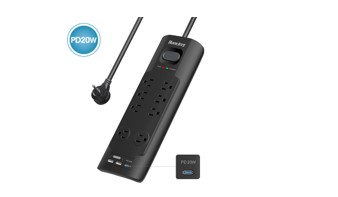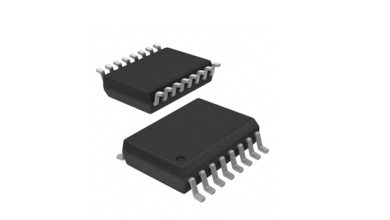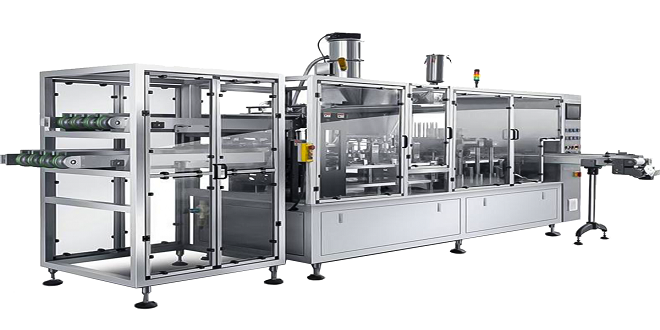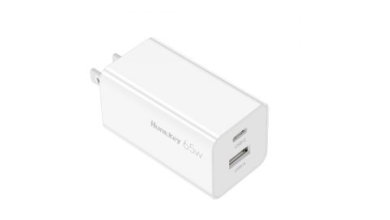Understanding the Difference Between AC and DC Welding

The welding world is huge and diversified, with so many techniques and equipment to suit different kinds of applications. A welder must start with deciding whether to weld with Alternating Current (AC) or Direct Current (DC). This choice has a direct influence on the welding process, the type of wire feed, and the integrity of the weld. At Udo. At Migwelding.co.th we have a large selection of welding wire that is suitable for both AC and DC welding processes, all to produce the best results in your projects.
Understanding AC Welding
- Alternative Current Welding -It means the current periodically changes direction. This change in direction of the arc can make it less steady than in DC welding. However, there are some benefits to AC welding:
- Less Arc Blow: Arc blow, the tendency of the magnetic field of the welding arc to push the arc off its path, is less likely to occur in AC welding. In addition, it is very valuable when welding at sharp angles or when the material is magnetic.
- Flexibility: AC welding will work with a broader selection of electrodes, particularly those that cannot be used in DC welding.
Understanding DC Welding
- Secondary need, it’s the electricity So, in the end, DC welding uses only direct current. This translates to a less stable arc and an erratic weld bead when compared to AC welding. Two Dc Polarity Types
- DCEN(Direct Current Electrode Negative)- The electrode is negative and the workpiece is positive. This polarity is frequently used with welding thicker materials because it penetrates more depths and you can move at a fair level of speed through the process.
- DCEP (Direct Current Electrode Positive): In this mode the electrode is positive and the workpiece is negative. Wide flat weld bead – This is known as an electrode positive; and with this polarity, it produces a cooler, much wider, very shallow weld bead, which is suitable for thinner steels and minimizes heat input.
Welding Wire Considerations for AC and DC Welding
- This depends on whether you are AC or DC welding, which can affect the type of welding wire. These are some of the basic factors to take into account:
- For welding on AC, as long as you use a solid or flux-cored welding wire compatible with the base metal and capable of transferring current under DCEN you should be fine. Flux-cored wire is commonly used because it helps keep the arc more stable and provides more shielding.
- For example, DC Welding: For DC welding, the base metal quality, as well as whether it is DCEN or DCEP, will help determine the best choice for your welding wire. For instance, DCEN is commonly used for welding thicker steels with solid wire, while DCEP might be utilized for thinner materials or welding aluminum with certain filler metals.
Choosing the Right Welding Wire at udo.co.th
At udo.co.th Sure, using the right welding wire is very important for your welding project. This is why we at WELD co.th provide the best quality welding wire in Thailand. Our wide range of welding wires for different applications and materials are suitable for both AC and DC welding processes. The members of our team have an expansive knowledge of all of the various possibilities this realm offers and will be able to guide you to the most suitable welding wire for both your requirements and your welding configuration.
Conclusion
To get the best quality of weld and the efficiency one must know the difference b/w AC welding and DC welding and the type of the welding rod which is used in the respective welding process. Another key variable in your welding projects, advance and uses welding current and wire type you employ, can make a huge impact on your welds, regardless of whether you are an old hand or a novice.
Note: Welders and purchasing departments, looking for high-quality welding wire? Explore our wide selection of top brands and types at https://www.udo.co.th/category_product/กลุ่มลวดเชื่อม. Find the perfect solution for your welding needs today!





